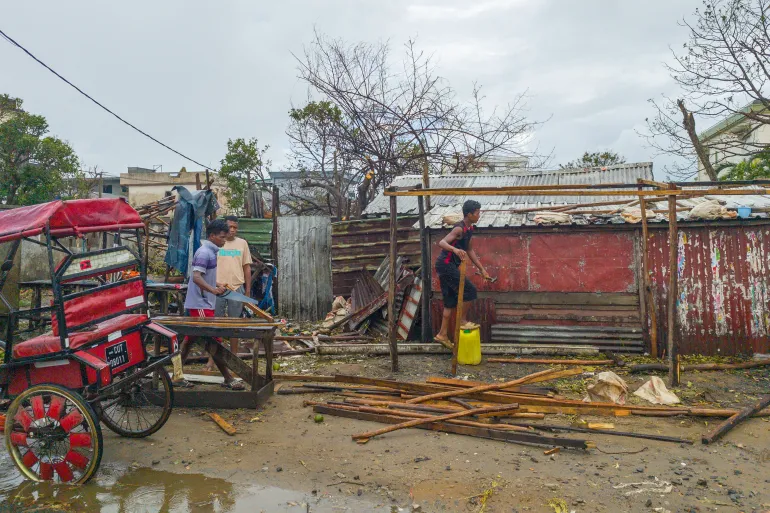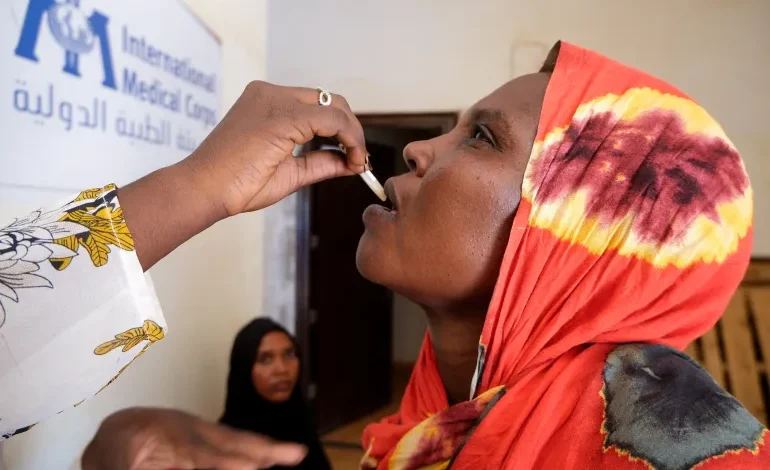Africa is in the middle of its most severe cholera outbreak in a quarter century, and the numbers are climbing fast. Fresh surges in Angola and Burundi indicate that transmission is not slowing, despite months of public-health warnings and emergency responses across the continent.
The Africa Centres for Disease Control and Prevention said on Thursday that roughly 300,000 confirmed and suspected cases have been recorded so far in 2025, along with more than 7,000 deaths. The figures represent a jump of over 30 percent compared with last year’s total. “Cholera is still a major issue,” Africa CDC Director General Jean Kaseya said. “It’s like every year we have more and more cases.”
Two countries are now showing signs of sustained spread. Angola has logged at least 33,563 cases and 866 deaths this year, while Burundi has recorded 2,380 cases and 10 deaths. For both, the trend line is heading in the wrong direction.
Cholera thrives where clean water is scarce and infrastructure is fragile. The infection spreads through contaminated water or food, not from person to person, but it can kill within hours if left untreated. In many African communities, conflict, displacement, and failing sanitation systems have created the exact conditions the bacteria need.
“As we know, without water, we cannot really control the outbreak,” Kaseya warned.
Even countries that appear to be stabilising are being urged to fix the deeper causes: overcrowded refugee camps, limited access to safe water, and crumbling waste systems.










The latest news in your social feeds
Subscribe to our social media platforms to stay tuned